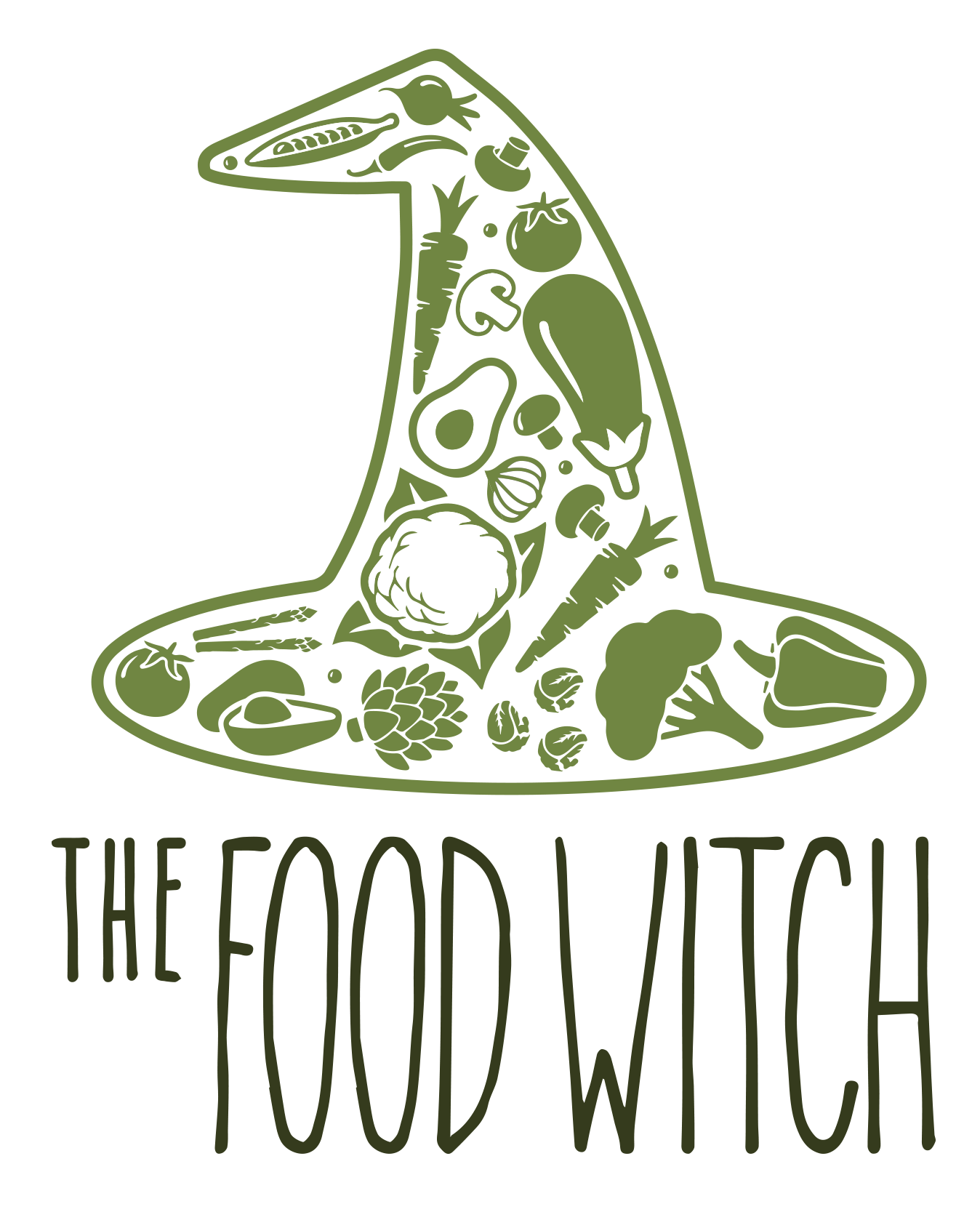7. texture & balance
Week 7: Key Takeaways
Why texture and balance are important
Variety & maximising the eating experience and palatability
Texture is the touch component of eating, very sensory
If something has the ‘wrong’ texture it won’t taste as good
Uniform textures can quickly become boring to eat
Some elements of texture to consider
Mouthfeel e.g. creaminess, richness, cooling
Wet vs. dry
Smooth vs. lumpy
Soft vs. hard or chewy
Crisp/crunchy vs. soggy/soft
Non-uniformity of mouthfuls (or the opposite if that’s what you want)
They are tangible and intuitive things you can start working with
Do you want a soft or crunchy or balanced textural experience?
Do you want something that is just hot with spices or do you want an element of cooling too?
Is what your making exciting enough on your palate to make you want to eat it all and make it again?!
And when you don’t enjoy something as much, you can refer back to these ideas to see if there was an imbalance in flavour or texture or both!
So, we take these two together:
Often you can balance textures and flavours simultaneously, either within elements or over the whole meal
You can add texture for physical balance e.g.:
Making something soft have more variety and be more enjoyable to eat by adding crunch and vice versa (but you might not always want to)
Making sauces to add moisture, creaminess/mouthfeel or cooling
And you can also use the texture you’re adding to provide flavour balance
You can add elements or ingredients for flavour balance where you may not include in a process for a textural reason (e.g. not adding acidity in the form of liquid on top of roasted veg so they don’t go soggy)
Some simple ways to add texture and balance or both!
Sauces
Choice of herbs and spices
Garnishes and toppings (e.g. pickled stuff, nuts, seeds, cheese, crispy/fried bits, fresh herbs etc.)
Raw ingredients alongside cooked elements
Week 7: Exercises
Start to think about texture in your meals - notice when you eat something what the mouthfeel, balance , different textures are
What do you like about them?
What textures do you find particularly appealing?
Next time you make something uniform in texture (e.g. a crunchy salad or soft/wet stew or soup or curry) consider whether there is a simple way to add a different or balancing texture to make the eating experience more enjoyable (whether it’s a crunchy topping, a cooling, creamy sauce or something soft or pickled or chewy… etc!)
Toast some nuts / seeds that you particularly like and have them somewhere visible/accessible - and try to make use of them in your everyday cooking - on your porridge or fruit, on your salads or soups, to garnish your dinners or sides


